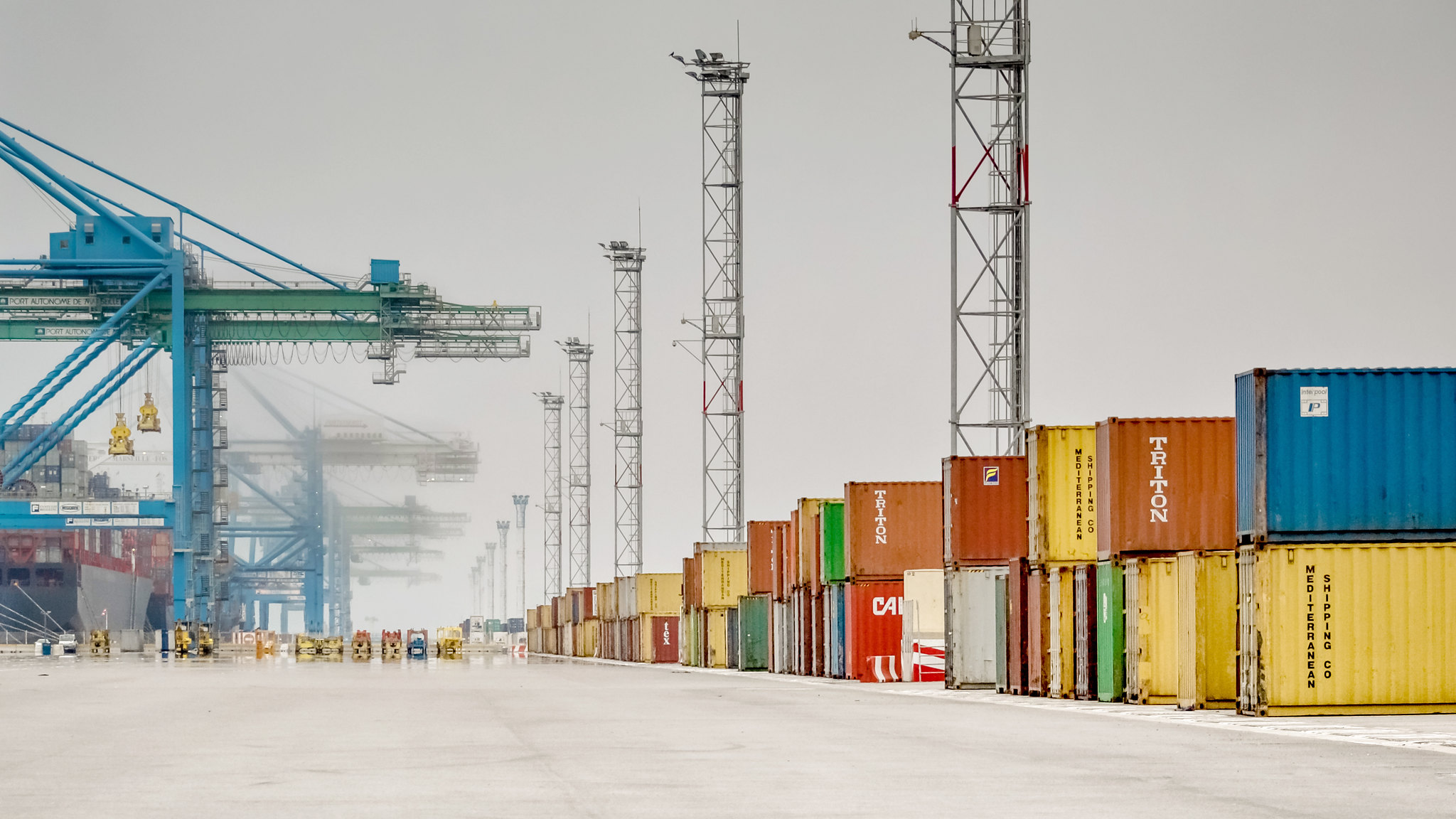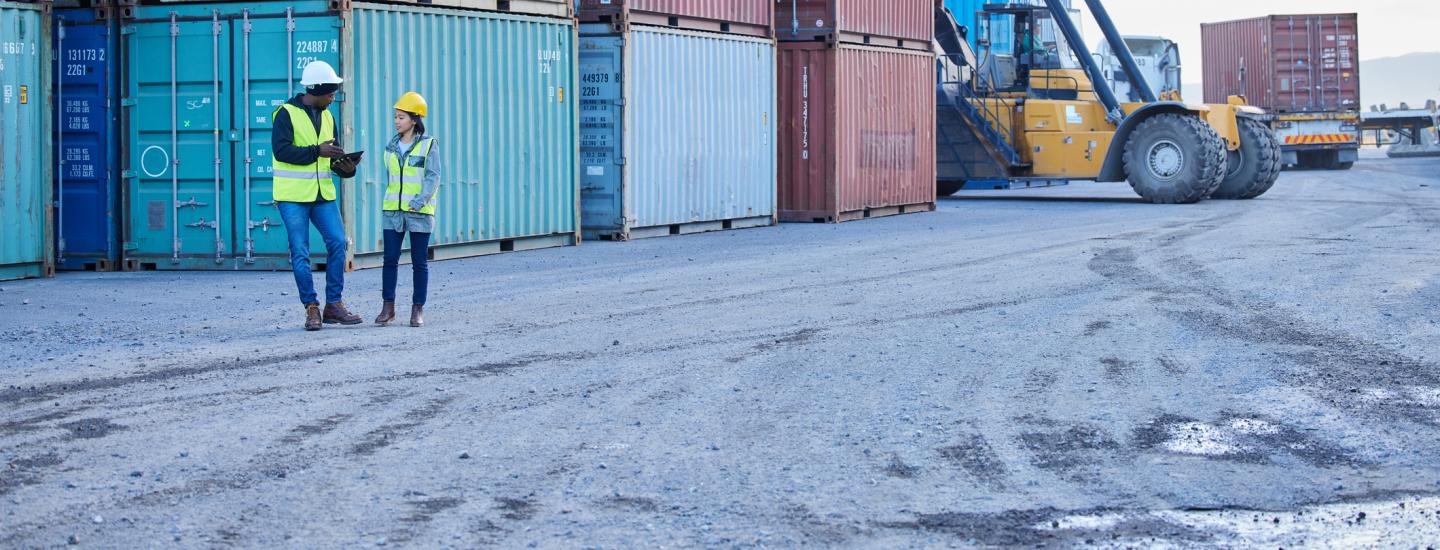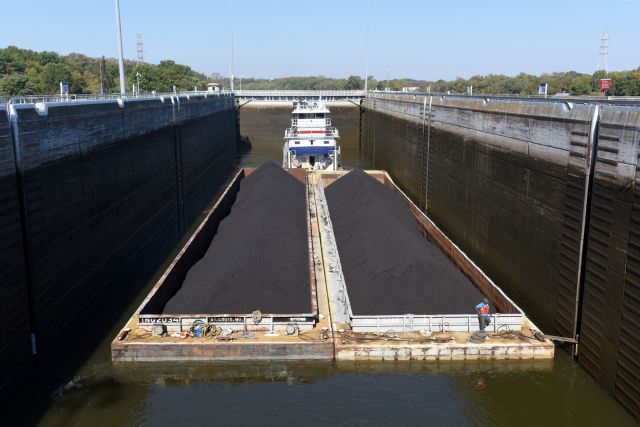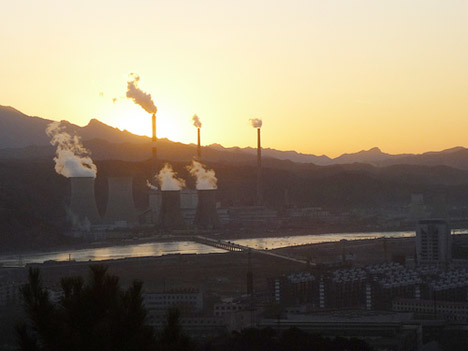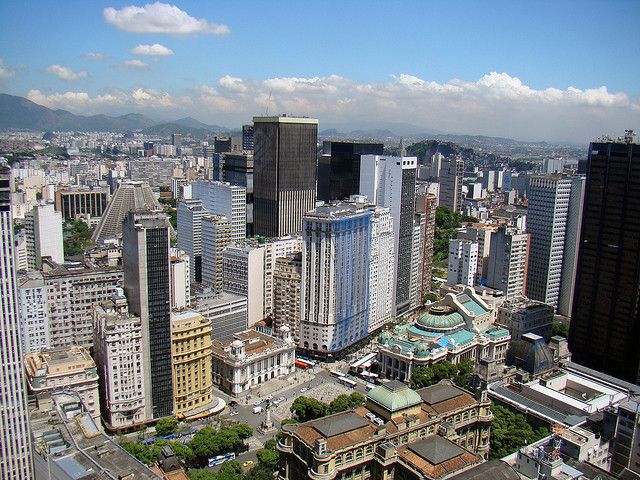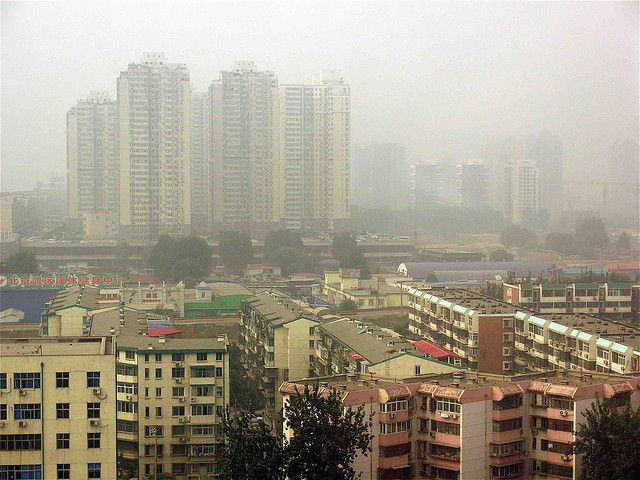Blog
Ensuring Transparency and Accountability in Standard Setting: GHG Protocol’s Strengthened Governance Model
As announced in November of 2023, GHG Protocol is refining its governance model to meet the needs of a rapidly changing GHG accounting and reporting landscape.
Overview of GHG Protocol Integration in Regulatory Climate Disclosure Rules
A key goal of GHG Protocol’s update process for its corporate suite of standards is to align with major disclosure initiatives under development. In the past two years there have been significant developments in emerging climate disclosure mandates around the world. This new resource provides an overview of four climate-related disclosure rules that integrate GHG Protocol standards and guidance.
GHG Protocol Releases Scope 3 Survey Draft Summary Report and Proposal Summary
Scope 3 Survey Draft Summary Report and Proposal Summary
Technical Working Group Nominations Update
Updated April 9: GHG Protocol is accepting Technical Working Group (TWG) applications on a rolling basis to accommodate individuals who missed the deadline and to fill potential gaps in the composition of TWGs after the TWGs are convened. For those who already submitted an application, there is no need to resubmit. For those that missed the deadline, you may apply via this form. GHG Protocol anticipates convening Technical Working Groups towards the end of Q2 2024.
What Are Greenhouse Gas Accounting and Corporate Climate Disclosures? 6 Questions, Answered
The origin of greenhouse gas (GHG) accounting dates to the late 1990s, but interest has grown exponentially in the past few years with the proliferation of both voluntary and more recently, mandatory corporate climate disclosure initiatives.
Inventory and Project Accounting: A Comparative Review
In 1998, WRI and WBCSD formed a partnership to develop the Greenhouse Gas (GHG) Protocol Corporate Standard, published in 2001 and revised in 2004, and the GHG Protocol for Project Accounting (Project Protocol), published in 2005. These standards provide two methods to account for emissions, respectively: entity-level GHG inventory accounting, which describes how to quantify and allocate an organization’s share of emissions to the atmosphere, and project-based GHG accounting, which describes how to evaluate emissions effects of a project relative to a counterfactual baseline scenario without the project.
Market-based and Project Accounting Approaches: Where We Are Now
Status Update
Standards Update Process: Frequently Asked Questions
June 1, 2023
Land Sector and Removals Guidance: Topline Themes from Stakeholder Feedback
GHG Protocol’s Land Sector and Removals Guidance builds on the Corporate Standard and Scope 3 Standard, explaining how companies should account for and report GHG emissions and removals from agricultural and forest management practices, land use change, bioenergy, carbon dioxide removal technologies, and related activities in GHG inventories.
Aligning Corporate Targets, Accounting and Disclosures on Land Use Change Emissions and Deforestation-free Supply Chains
The Accountability Framework Initiative (AFI), in partnership with Greenhouse Gas Protocol and the Science Based Targets initiative (SBTi), recently released new guidance on how companies can align key land sector targets, accounting and disclosures.
Announcing New Online Courses on Greenhouse Gas Protocol Accounting Standards
The Greenhouse Gas (GHG) Protocol, developed by World Resources Institute (WRI) and World Business Council on Sustainable Development (WBCSD), sets the global standard for how to measure, manage, and report greenhouse gas emissions; these standards are used by thousands of companies to become more efficient, resilient, and prosperous organizations. Hundreds of industry professionals have learned greenhouse gas accounting from WRI experts through in-person and webinar trainings. Now, the same expert instruction is available to you on a low-cost and convenient e-learning platform. Online courses have been developed for the following GHG Protocol standards:
Many Companies Inaccurately Estimate the Climate Benefits of Their Products
Cold-water laundry detergents, fuel-saving tires, energy-efficient ball bearings, emissions-saving data centers. Corporations are increasingly claiming that their goods and services reduce emissions. But there is a big problem: These avoided emissions claims are often unverifiable or inaccurate.
GLEC Framework: a universal method for logistics emissions accounting
This week, the Smart Freight Center released the GLEC Framework, a guide for shippers, carriers and logistics service providers on how to report emissions from logistics operations. It is meant to be used in conjunction with the Corporate Standard, and it has earned the “Built on GHG Protocol” mark for its compliance with GHG Protocol’s requirements.
3 Reasons Why Fossil Fuel Companies Should Disclose Their Reserves
Fossil fuel companies hold vast oil, gas and coal reserves that help determine their market value. These reserves are also the basis to understanding the potential climate risks of burning these fuels. Yet not a single fossil fuel company in the world discloses potential emissions from their reserves – and that is a big problem.
The World Is Counting on Banks to Deliver Climate Finance. Counting Their Progress Is No Easy Feat.
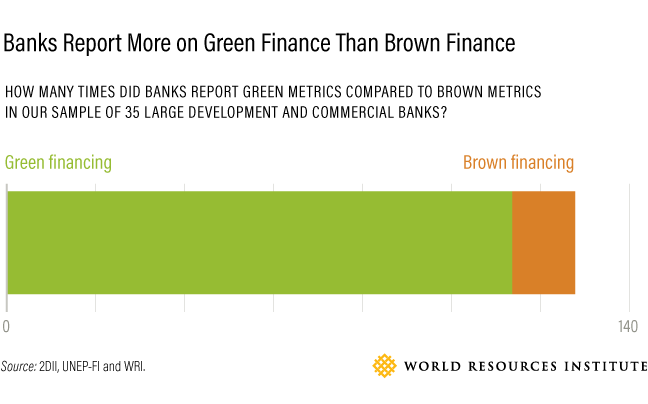 Banks are connected to every part of the economy through their investing and lending activities. That means they play a crucial role in financing the transition to a low-carbon economy. The financial sector is increasingly aware of the need to shift capital flows away from companies and activities that contribute to the climate problem and into climate solutions.
Banks are connected to every part of the economy through their investing and lending activities. That means they play a crucial role in financing the transition to a low-carbon economy. The financial sector is increasingly aware of the need to shift capital flows away from companies and activities that contribute to the climate problem and into climate solutions.
Launch of GHG Calculation Tool for Chinese Power Plants
In partnership with China Electricity Council (CEC), WRI developed a greenhouse gas (GHG) calculation tool for Chinese coal-fired power plants.
Hundreds of Cities Poised to Replicate Rio’s Approach to Measuring and Reducing Emissions
Rio de Janeiro is one of the world’s leading cities injecting sustainability into its planning. In 2011, Mayor Eduardo Paes enacted an ambitious climate change law, setting a goal to avoid 20 percent of its emissions by 2020, based on 2005 levels. There was only one problem: The city wasn’t sure just how much it was emitting, or where its emissions were coming from.
Scope 3 Evaluator Now Available
The Greenhouse Gas Protocol and Quantis have joined forces to develop and launch the Scope 3 Evaluator - a free, web-based tool that allows users to make an initial, rough approximation of their full Scope 3 footprint, regardless of the size or type of organization. Read the full press release here.
Chengdu Shows How Cities Can Turn Climate Commitments into Action
Chengdu Development and Reform Commission developed its first greenhouse gas inventory in 2015 (based on 2010 data). This inventory revealed valuable insights about the sources of the city’s emissions.
Staying on Track: A New Tool for Designing and Meeting Emissions-Reduction Goals
China just announced a mitigation goal to peak its emissions by 2030 or earlier, while the United States committed to reduce its national emissions by 26-28 percent below 2005 levels by 2025. And countless other cities and countries have set similar emissions-reduction targets.



